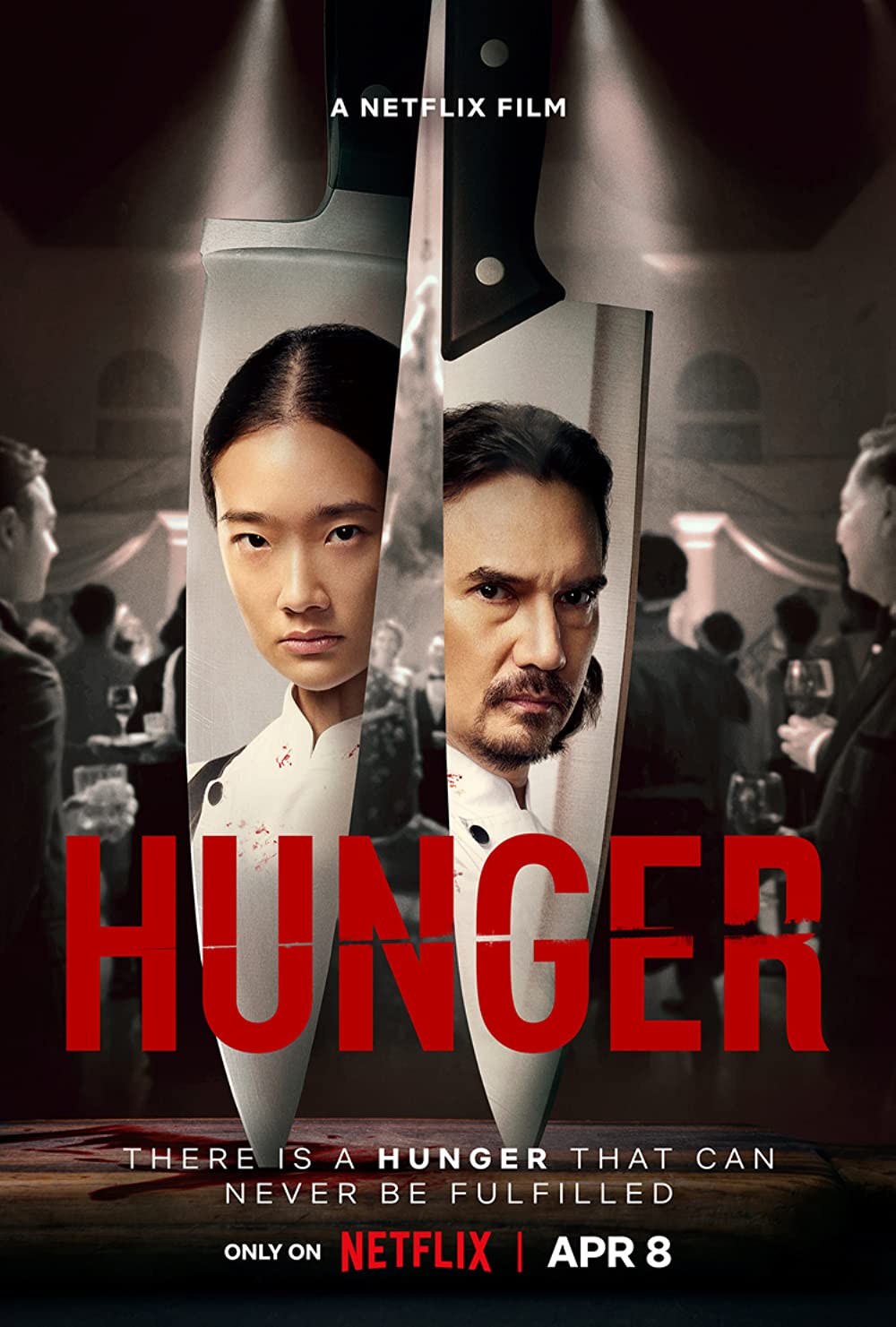Rachael Brown
“Hunger” is a tense live-action Thai thriller that was released on Netflix on April 8 and explores themes related to class struggles. The story follows Aoy, played by Chutimon Chuengcharoensukyingsoon, as she goes from working a street-food restaurant to working for the prestigious Chef Paul, played by Nopachai Chaiyanam.
When she begins her journey, Aoy expresses a desire to be special, and the rest of the film raises interesting questions to explore just what that means. Why is Chef Paul’s cooking so special? Is the food that the upper classes eat expensive because it’s special, or is it special because it’s expensive? These questions are posed to the viewer to challenge the nature of food as a status symbol.
Chef Paul is the most interesting character in the film because he not only serves as a mentor to Aoy, but is also a cautionary tale for how being “special” is not always glamorous. He runs a very tight ship, is prone to outbursts of anger and admits that he has become obsessed with his success to the point where he has lost friends and family. What makes him all the more interesting, however, is that he still holds plenty of respect for people of poorer backgrounds, as seen when he chooses Aoy to work under him instead of a formally trained chef.
“Hunger” also explores the feeling of jealousy experienced by those of lower socioeconomic status whenthey cannot access the same food of those of a higher status. What is particularly interesting about this exploration is that many of the characters who try expensive foods for the first time express a dislike for it, and similarly, once Aoy leaves Chef Paul to become a chef herself, her upper class customers are fascinated by her street-food style dishes. This creates the sense that the feeling of jealousy is unjustified, and the tragedy of characters who face consequences for stealing food that they cannot afford is emphasized.
The film does an amazing job of building suspense with its tense score and its close-up shots. The viewer is often on the edge of their seat for the most mundane of tasks in the kitchen like cutting or frying food. Many of these tense scenes focus on characters attempting to perform these tasks perfectly in order to avoid Chef Paul’s short-tempered wrath, connecting the price of success thematically to the sense of dread conveyed to the audience.
The main thing that may turn viewers away from “Hunger,” unfortunately, is that it is dubbed in English and the only English subtitles that are available are those for the English dub. This film is not the worst example of dubbing, but it can get pretty awkward and distracting at times.
All in all, “Hunger” explores themes of class conflict in a way that does not shy from the brutality and tension of said conflict. It is an interesting critique of how societies assign value to food, who gets to eat the valuable food, and what happens when people of lower socioeconomic classes become jealous of those who have access to that food. It is also an example of how success is not always worth the sacrifices made to achieve it, which is a different take on the underdog story that is not often portrayed in most films.
You may also like
-
UWG Theatre Breathes New Life into a Beloved Classic
-
QSA Annual Drag Show Entertains Eager, Diverse Crowd
-
Lucy Dacus’ Fourth Studio Album, Forever Is A Feeling, Encapsulates The Vulnerability and Thrill of Falling In Love
-
Live-Action Snow White Criticized for Production Quality and Character Changes
-
Technology Meets Humanity: Electric State, Where Humans and Robots Coexist
